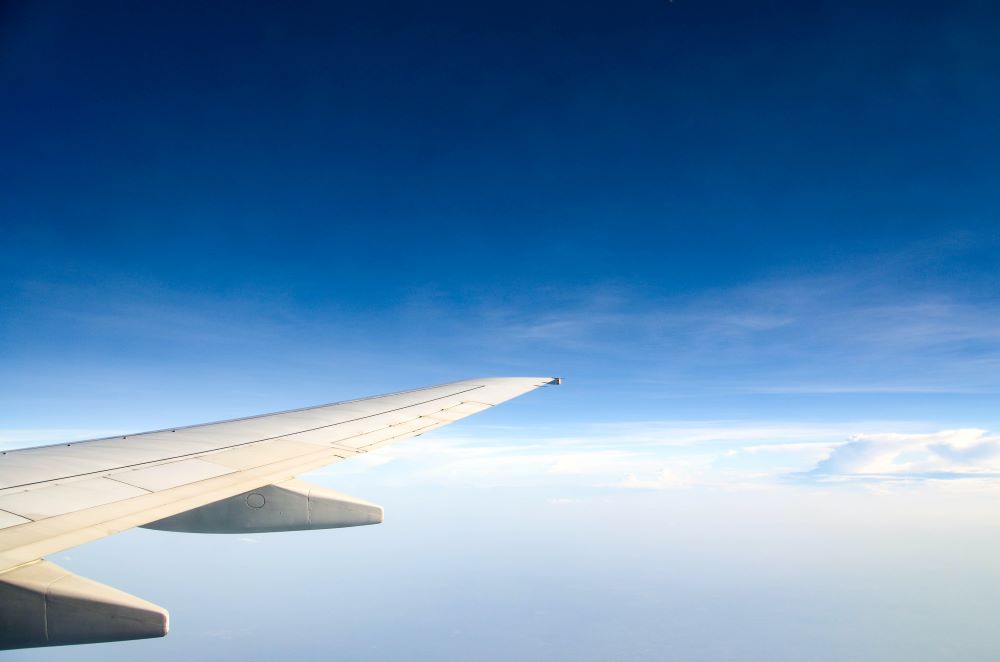
Do You Need Aviation Insurance for a Private Jet?
Owning and operating a private plane can provide you with a flexible and convenient means of traveling the world. By using private aircraft for your trips, you may enjoy various conveniences, including customizable schedules, direct routes between additional locations and reduced wait times. However, a private plane may represent an immense financial investment. Furthermore, aircraft are subject to significant risks and exposures, and even the most experienced pilots and crew may be unable to prevent all incidents.
Is Aviation Insurance Required?
Federal mandates legally require aviation insurance if you plan to fly your aircraft, regardless of whether it’s for personal or commercial purposes. The requirements you may need to fulfill will vary depending on your unique circumstances, including the type of plane you own and what you use it for. Proof of coverage should be stored on your aircraft.
Although there are no state or federal requirements for insuring your private plane as long as it remains grounded, fixed-base operators typically require insurance. If you store your aircraft at another party’s hanger, you may also be beholden to various coverage requirements.
Your aviation insurance requirements may also vary depending on where you plan to travel. Territorial limits may render your coverage invalid in certain areas. International liability coverage is essential if you plan to travel to other countries. Certain countries may also have unique insurance requirements, so you should work with a qualified aviation coverage professional, such as those at AnderGray Insurance Services, to ensure your policy is adequate.
What Should I Know About Aviation Insurance?
When exploring your aviation insurance options, ensure that your policy does not have gaps that could leave you without the means to recoup losses. Depending on your circumstances, the following coverages may be advisable components of your aviation insurance policy:
- Passenger liability insurance may help pay for the financial losses of your passengers, such as medical expenses resulting from bodily injuries suffered while on your plane.
- Public liability insurance may provide financial assistance if you are responsible for another party’s losses, such as if your plane collides with other vehicles or structures.
- In-flight insurance may render financial aid if your aircraft is damaged during flight or on the ground.
- Ground risk hull insurance (in motion) may financially protect your vessel from physical damage occurring while it is moving but grounded, such as while being taxied.
- Ground risk hull insurance (nonmotion) may help pay for repairs and losses if your aircraft is damaged while stationary and on the ground, such as by fires, severe weather or criminal activity.
Get the Right Coverage
Like any significant financial investment, you should prioritize financially protecting your private plane by securing adequate insurance. Without adequate aviation coverage, an accident or error could have devastating economic consequences, and you would need to pay for any costs out of pocket. Given the value of your plane, the cost of potential repairs and the extent of aircraft-related damages for which you could be liable, lacking insurance may have irreparable ramifications for your finances and future.
At AnderGray Insurance Services, our knowledgeable agents have extensive experience with aviation insurance and will work with you to craft optimal financial protection for you and your aircraft. Visit our website or call 213-769-8001 to get started today.
This blog is intended for informational and educational use only. It is not exhaustive and should not be construed as legal advice. Please contact your insurance professional for further information.
Categories: Aviation Insurance

